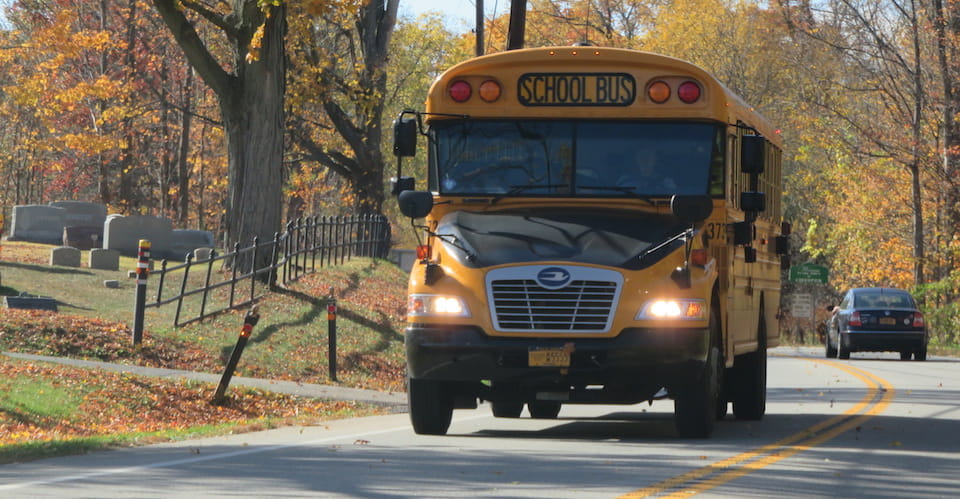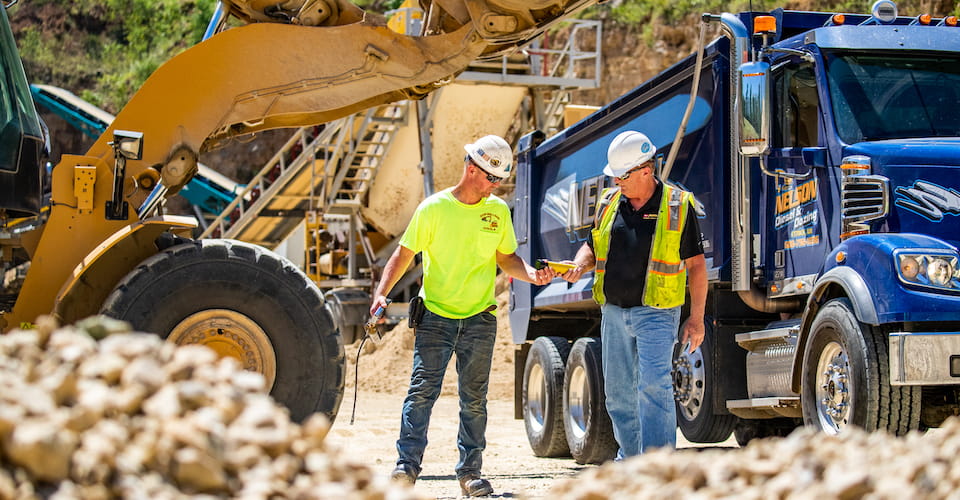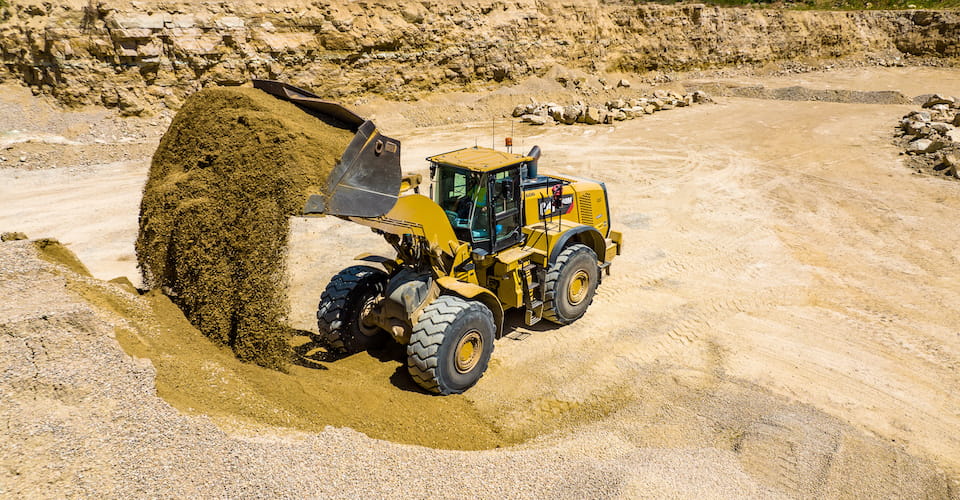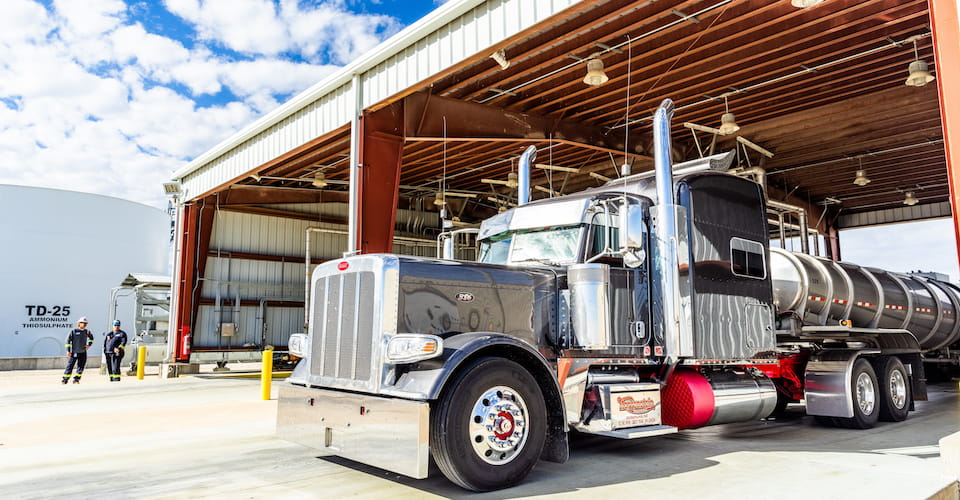
Most people can’t tell from simply glancing at one as it passes down the road, but propane auto-gas school buses are becoming increasingly popular in communities across the country. Today, there are more than 11,000 propane school buses operating in the United States. Each year, more communities are making the switch as school officials continue to look for ways to cut emissions, provide healthier environments for students and save costs wherever possible.
Reduced cost of ownership
Propane-powered school buses look just like traditional gasoline - or diesel - powered buses. But the difference in the fuel can save school districts thousands of dollars in expenses annually, beyond just the more affordable cost per gallon. While propane buses are slightly more expensive in their initial overhead, the ROI has been shown, in some instances, to pay off in just one year. This return includes reduced fuel costs, as well as lower spending on things like maintenance, oil, filters and more. For instance, propane does not need an engine block heater during the winter. In one school district, this alone reduced the electric bill by $10,000 in one school year.
Better air quality and safety
Propane is a clean-burning fuel, which means school districts can expect to see lower overall emissions after purchasing propane school buses. These vehicles need less time to warm up, which also helps with maintaining better air quality. Other safety benefits include a quieter engine, which allows drivers to better hear what’s happening on and off the bus.
Simplified engines and maintenance
Propane requires a much simpler engine than traditional school buses. Fewer parts mean fewer components at risk of breaking or otherwise needing replacement. In the same school district shared above, operators found they only needed 11 quarts of engine oil and one engine filter for the entire school year.
Communities in colder northern areas have also found that propane school buses are more likely to start on bitterly cold mornings and require less time to warmup prior to driving. In fact, Blue Bird – a manufacturer of propane-powered school buses – says the propane engines can start in temperatures as low as -50 F.
While new administrative policies are still being established for 2017, fleet owners should proactively reach out to propane industry associations or their local propane dealer to learn more about incentives and programs available in their area.
Courtesy of Flickr User.












